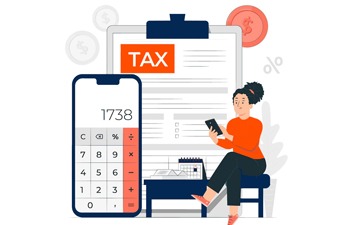Frequently Asked Questions (FAQs)
A GST certification is a way to prove that you know what you're talking about when it comes to GST. Working professionals can move up the corporate ladder and ask for a raise. It is a means for all banking, financial, and taxation professionals to stay up to date on the many GST adjustments and ramifications.
Nowadays, everything is online. It is the most convenient and effective type of training since it eliminates travel time, is cost-effective, and allows students to access lessons anytime from any location and on any device.
The GST Course is designed for individuals with different professional backgrounds. Those with accounting and finance backgrounds, students, lawyers, business owners, and startup founders can gain the most from this course.
Daily, every business faces complex decision-making scenarios. When it comes to accounting and taxation, they have to hire a licensed professional who can give you sound advice. After all, it takes an entire team to bring a business to a successful and long-term future.
The average tax consultant pay in India is INR 514,314. An entry-level tax consultant can expect to earn INR 462,375 on average. There is a huge demand for GST specialists right now, but there are not enough available. As a result, it is a sought-after profession.



















